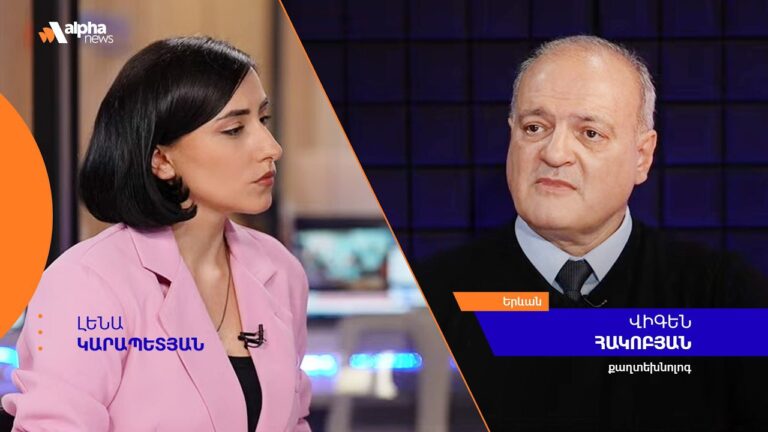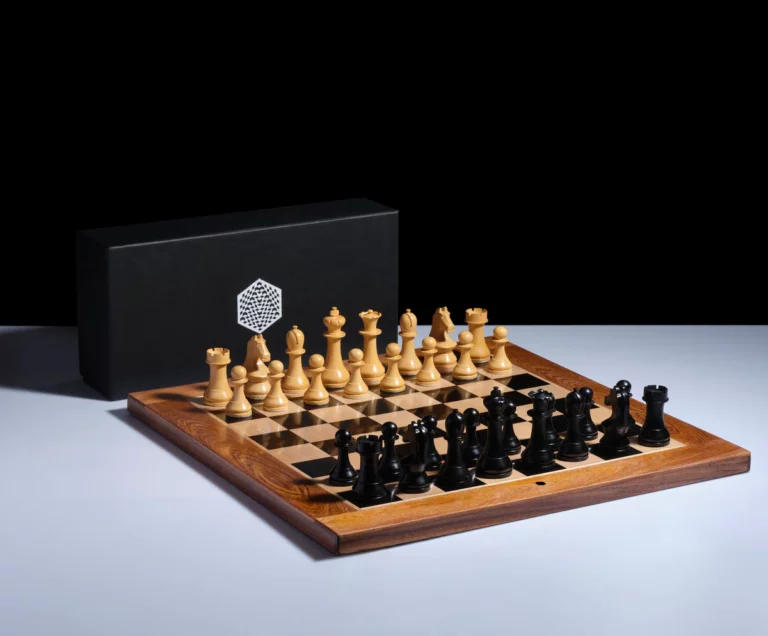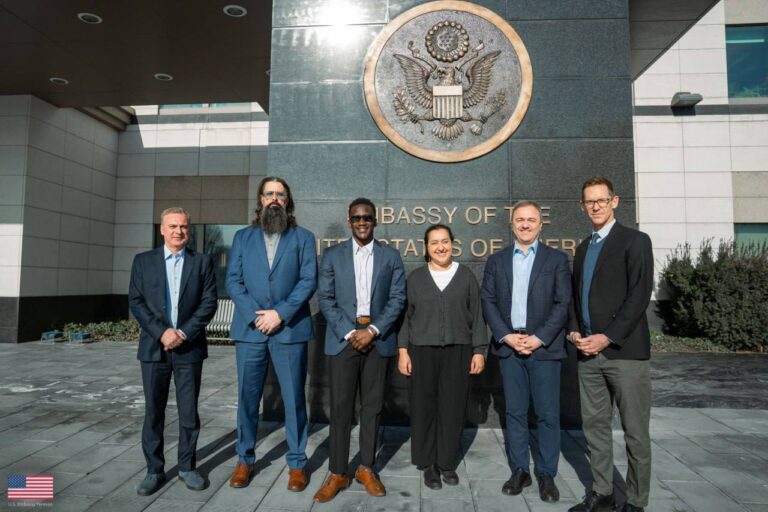Pashinyan and Mirzoyan recalled the POWs for selfish reasons
March 12 2025, 12:05
After Artsakh was surrendered to Azerbaijan, Nikol Pashinyan and Ararat Mirzoyan woke up. They woke up and suddenly discovered that there are prisoners in Baku whose rights are being violated, and a mock trial is underway against them, which has nothing to do with justice. Earlier, Armenian Foreign Minister Ararat Mirzoyan said that unresolved humanitarian issues are hindering the peace process. “As we speak, the mock trials against 23 Armenian individuals, who are arbitrarily detained, are taking place in Azerbaijan with disregard of human right standards for due process,” Mirzoyan said.
Baku’s response to Yerevan’s latest remarks on the issue of Armenian prisoners aligns with the following formula: You yourself recognized Artsakh as a part of Azerbaijan; these individuals, in accordance with your recognition, were engaged in illegal activities in Azerbaijan’s territories. Therefore, any comments from Armenia on this matter are dismissed as interference in Azerbaijan’s internal affairs. This raises an inevitable question: why has the government, which recognized Artsakh as part of Azerbaijan and actually surrendered the leadership of Nagorno-Karabakh, suddenly recalled them? A potential answer can be found in today’s newspapers. For example, the Hraparak newspaper reported that last Friday, during a meeting with members of the Civil Contract faction, Pashinyan expressed frustration over the stalled peace process with Azerbaijan. He noted that Ilham Aliyev had not abandoned either territorial claims or the demand for a corridor. Pashinyan also stressed that refusal to comply would inevitably lead to war. According to media reports, Pashinyan instructed his MPs to actively inform the public about this, ensuring that everyone understood the stakes.
In essence, Pashinyan instructed his team members on how to intimidate the Armenian people. This mirrors his actions in Kirants last year, when he stated that if he failed to accept “delimitation” on Azerbaijan’s terms, then everyone—from Pakistan and Turkey to Azerbaijan and Russia—would start a war against Armenia.
Perhaps, once again raising the issue of prisoners and their trials in Baku, Pashinyan offers Aliyev a deal: “Give me a document that I can present as a peace agreement, and I’ll drop the subject of prisoners, which troubles Azerbaijan.” To understand what is happening, it is important to note once again that Pashinyan instructed to intimidate people with war to “justify concessions if necessary.” This reinforces the notion that his power is sustained by war—or the fear of it (draw parallels with Ukraine and Volodymyr Zelensky). Pashinyan needs war or the fear of war. His rule hinges on the narrative: “If not me, it will be worse.” The same thing happened in 1998, when outgoing President Levon Ter-Petrosyan, whose ideological successor is Nikol Pashinyan, intimidated the people by saying that “the war party is coming to power.” However, the big war began when a member of Ter-Petrosyan’s team, a representative of the real war party, gained power “on a silver platter.” Therefore, to avoid war in future political processes, it will be essential to reject the “war party” and all its associates in Armenia’s political sphere.
Think about it…







